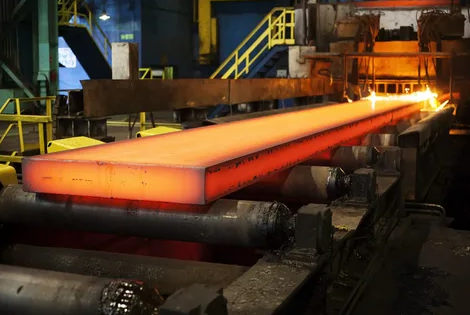The document confirms the EU's commitment to multilateralism within the UN system, referring to the progress made since COP28, when governments agreed to triple renewable energy capacity and double energy efficiency by 2030.
EU emissions have decreased by 37 percent, which currently represents six percent of the global total, while the EU remains the world's largest provider of climate finance.
Decarbonization of industry and increasing competitiveness
The report highlights that energy-intensive industries, especially steel, cement, and chemicals, must be decarbonized using zero-carbon and low-carbon technologies.
Through the Net Zero Industry Act, the EU aims to reach 15 percent of global clean technology production capacity by 2040, supported by more than 10.5 billion euros in research and innovation funding from the Energy Union and Horizon Europe.
To protect competitiveness, the EU highlights such instruments as the State Aid Program for Clean Industrial Enterprises (CISAF), the European Competitiveness Fund and InvestEU, along with the upcoming Law on Industrial Acceleration of the creation of leading markets for Environmentally friendly products.
Clean trade, energy and investment partnerships
The EU will strengthen external partnerships through New Clean Trade and Investment Partnerships (CTIP) and Clean Transition business forums connecting European industries with climate projects abroad.
The new EU External Action Council for the Clean Transition and the Special Coordinator for Global Clean Transition will oversee the cooperation and coordination of foreign investments.
Flagship initiatives under the Global Gateway include renewable energy plants,






